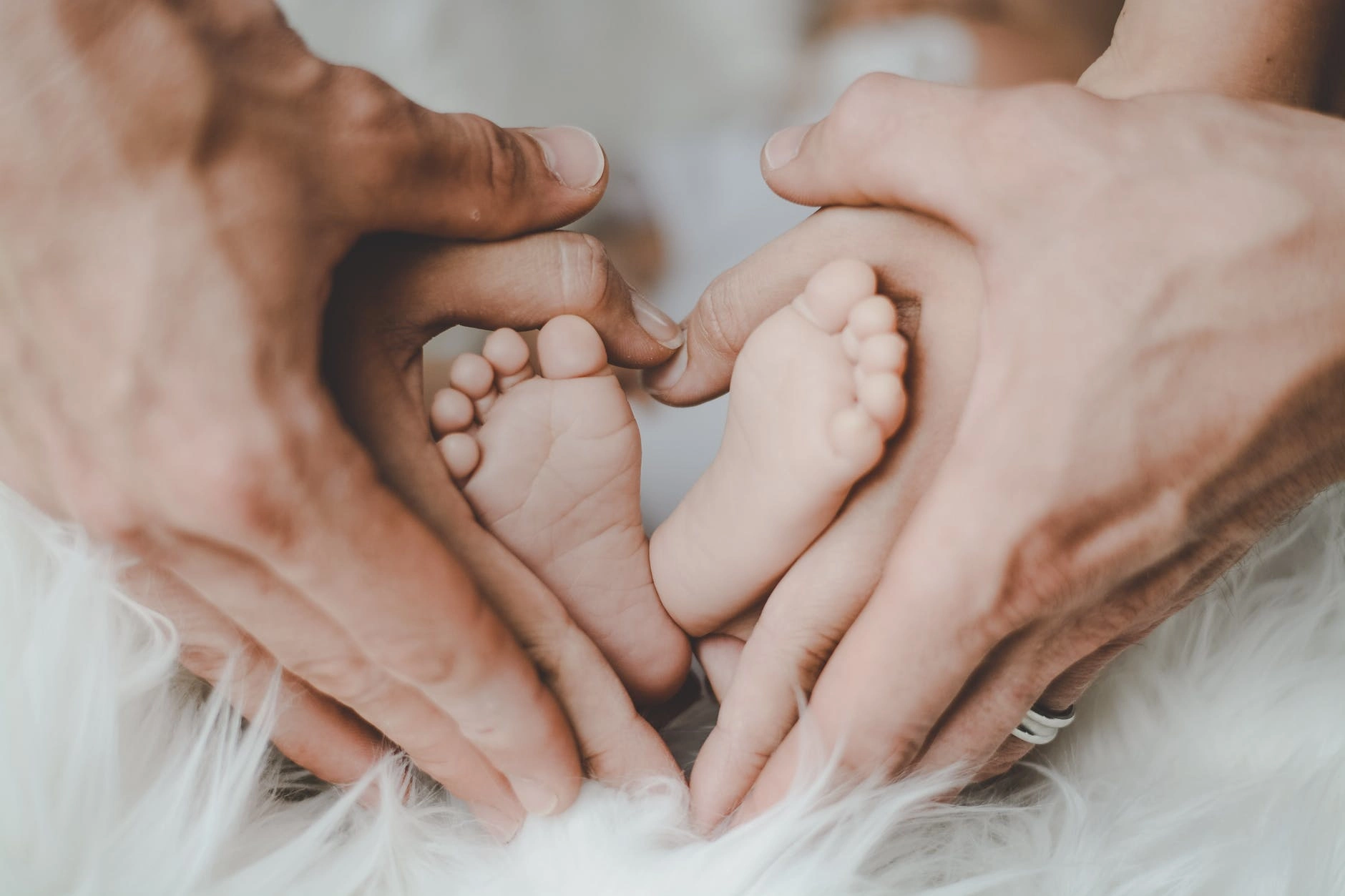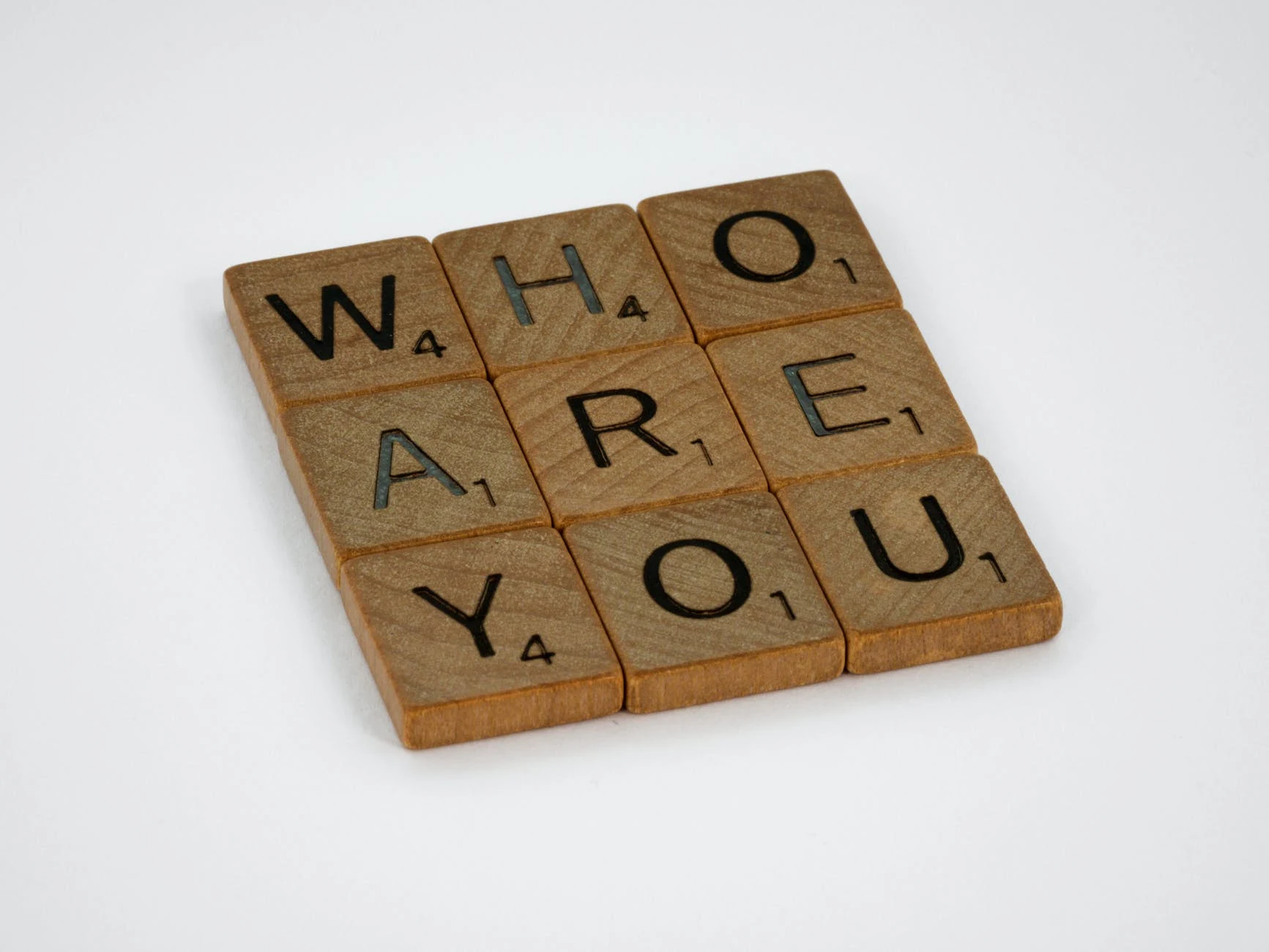Why you are drawn to the wrong kind of people…

Photo by Pixabay on Pexels.com
Addressing unhealthy relationships and emotional abuse from the standpoint of “get away from toxicity” is not always a solution, but a pointer to symptoms of a larger problem. Sometimes, there needs to be an exploration into people’s upbringing to trace what went wrong. If you do not know why you were drawn to a particular person in the first place, how can you prevent repetition?
This article is meant for the abused as well as the abuser. We can bash bad behaviour all we want and ban all the “toxic” people from our lives, but have you considered that you may have been someone’s “toxic” partner or the trigger to her/his toxicity?!
I am a big (but silent) supporter of platforms that are all about liberation, standing your ground, being true to yourself and saying no to unhealthy relationships. Whilst I agree, I feel like not enough emphasis is placed on addressing the deeper issues.
I find some of the clarion calls to walk away from bad energy, to be ineffective because people still end up in new relationships with the same modus operandi, because true introspection and healing has not occurred.
Disclaimer Take what I say with a pinch of salt and read up on the topic for better understanding, do not take my word as gospel. Also, there is a shorter version of this article on woman.ng
These are some questions common to people trapped in bad relationships, trying to figure out what the in the name of logic is wrong
“Why do I keep meeting the same kind of people”
“How did I end up in this situation, despite my efforts to do better?”
” Why am I doing this to the person I love?“
“Why am I quick to take the blame?”
“Why do I walk over people when they show me affection?”
During a recent session with one of my clients, we spoke about how he and his ex seemed to fit perfectly in the beginning, then things went sour and it has made him doubt his judgement. The more we talked, it came to the fore that his childhood and emotional deficiencies played a massive role in how he picked partners. He somehow attracted people that needed fixing and ladies he could shower affection on, while disregarding his own needs because he unconsciously sought validation and needed to feel like someone in this world thought he was all she needed. In sharing his early years, I could not help but notice that he felt he did not get adequate affection and attachment from his caregivers and had continuously felt he had to bring value and overindulge others before he felt seen or accepted. So this was what his brain interpreted as love, he gradually developed the habit of seeking approval through self sacrifice to feel fulfilled. I know there are a lot of people with similar situations who cannot seem to place a finger on why bad things happen to them or why they are so mean to their partner even when they have the best intentions at the jump. This may have something to do with their upbringing and AFFECT TOLERANCE
Affect tolerance basically means how much of your emotion you can tolerate? sit with? feel? without needing to take action to shut them off. There is no way to precisely measure emotion or a person’s tolerance of it. However, it is useful as one indicator of mental and emotional health.1

Photo by Andreas Wohlfahrt on Pexels.com
The parent-child relationship plays a massive role in a child’s self-esteem, performance in school, relationships & attachments, cognitive development and behaviour. If emotions are not acknowledged or are inhibited, kids learn shame and inhibition and feel they are not good enough or worthy of that emotion or that they at not good at relationships. Behaviour that is not reinforced in childhood, is often extinguished and plays out in a few ways in adulthood. Below are some ways this connection can affect grown up relationships.
1. Reinforcing positive emotions alone
Parents who reinforce only positive emotions and inhibit or ignore anger, sadness and fear may raise children who suppress, dissociate away and feel deep shame over any negative emotion. These kids may develop narcissistic personalities in their efforts to hold on to their goodness and avoid the bad which terrifies them. Narcissists must be seen as good and positive by everyone around them or they will sink into the shame filled depression from their perceived badness.
2. Seeking emotional support/validation
Parents who inhibit all affect (emotions) but praise or just accept caregiving from their children. These kids sometimes grow up to be closet narcissists or co-dependent adults who try to take care of all others, not knowing or trying to know their own needs and they have no internal defence or reassurance against shame. At times their only defence is their attempt to show their goodness by finally excelling at giving to others and ignoring themselves until they are seen as good enough (which they never fully accept).
3. Abuse
Parents/care givers who abuse their children produce individuals with a wide range of responses that include hyper-vigilance, shame, violently defensive reactions or dissociation (disconnecting from one’s thoughts, feelings, memories or sense of identity). Dissociative responses can range from spacing out during the worst of the abuse, to reflexively developing different alter-ego states during each act or abuse till the incident passes. Complications like these can lead to going frozen when stressed or having outbursts of anger, to attraction and tolerance for an abuser. These kids or the adults they grow into can become numb or overreact, they may not respond appropriately to danger, self soothe and become avoidant of many things. When in relationships, this category of people feel “if I attach to anyone, I’ll be abused and if I feel good, it will just be taken away, why bother” or if they develop feelings, they try to repress them or misinterpret attention as affection or see attention as suspicious.
4. Separation with no consolation or affect replacement
When the parents have overwhelming emotions resulting in shut-down states and become dissociative or unresponsive to their children due to grief, stress, illness or addiction, their kids are affected. These children can quickly move from trying to engage their care givers, to anger, to overwhelming stress, to their own shut-down state. If this detachment goes on continuously, the child adjusts and learns to shut down and it becomes harder for the child to re-engage with the caregiver and become responsive again. These shut-downs become deeply entrenched in the processing system of the little one (neural network) and the response is a range of emotions which include rage, anxiety and complete shutdown. Inconsistent affect (emotions) or the lack thereof may be akin to abuse for some. Check out a brief illustration of Edward Tronick’s Still Face experiment for more insight on this concept.
If people have a foundation of healthy attachments, even when they experience grief or trauma, they move more quickly to emotional regulation and are able to reasonably function in-spite of their difficulties, more so than someone who lacked adequate affection as a child. Anyone can suffer from PTSD but someone with attachment issues will have a harder time regulating their response and may spend a longer time in therapy or feeling safe.
These four loosely defined categories, amongst others, affect your emotional attachment as an adult and obviously impact your perception of what love is. Furthermore, moving from relationship to relationship with this kind of baggage can build to more trauma and faulty thinking like concluding you are not good enough or assuming that if you indulge your partner and do whatever they want, they would respect and treat you right.
Self Awareness

Photo by Brett Jordan on Pexels.com
This is extremely important and goes beyond knowing what you like or do not like, it involves understanding why you do the things you do so that you are able to gradually fix those unrealistic notions of what relationships should look like. It helps you check yourself so you are not triggered to repeating faulty patterns. It helps you create boundaries so you are able to detect unhelpful traits in yourself and your partner and confidently address them early on.
It is time to look inwards and realise your happiness is not in that gentleman, if you cannot find love for yourself and appreciate that you are worth loving! That lady is not going to fit you like a glove and respect you if you have not found respect and love for yourself and work on your insecurities that haunt you and make you frustrate and oppress her so you can feel important in your own twisted way.
The best place to work through these issues is in therapy, with your counsellor. What you both do is collaboratively notice defeating patterns, trace the history, heal old and new wounds, create an action plan to recovery and management plan to keep you on track even after therapy is done. The length of time for therapy depends on a number of factors: some of which are how hurt you are, how much denial you are in (you cannot be convinced to solve a problem that you are yet to accept even exists).
Self awareness will also help us as parents treat our children right and strike a healthy balance between unconditional love and healthy discipline so we stop contributing to generations of toxic lovers.
I really wanted to keep this short, but here I am again, endlessly typing. I do hope it was worth the read and in my next article, I will be discussing gaslighting and abusive relationships and hope you can help someone close to you that is trapped in a difficult situation.
Please follow to get notified.
If you would like to read more:
Bell, L.A. (2018). Affect Tolerance: What can I do about all these darned feelings?
Shapiro, R. (2020). Doing Psychotherapy: A trauma And Attachment-informed approach. W.W Norton & Co.
Ackerman, C.A. (2021). What is Self Awareness And Why Is It Important? [+5 ways to increase it]
Like this project
Posted Jan 6, 2024
The article delves into the complexities of unhealthy relationships and emotional abuse, highlighting the need for self-awareness.
Likes
0
Views
0





